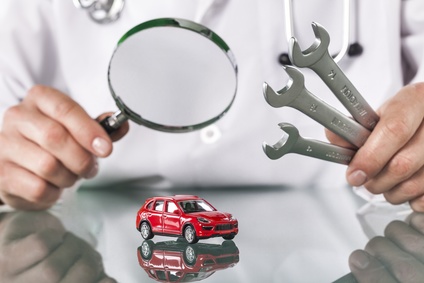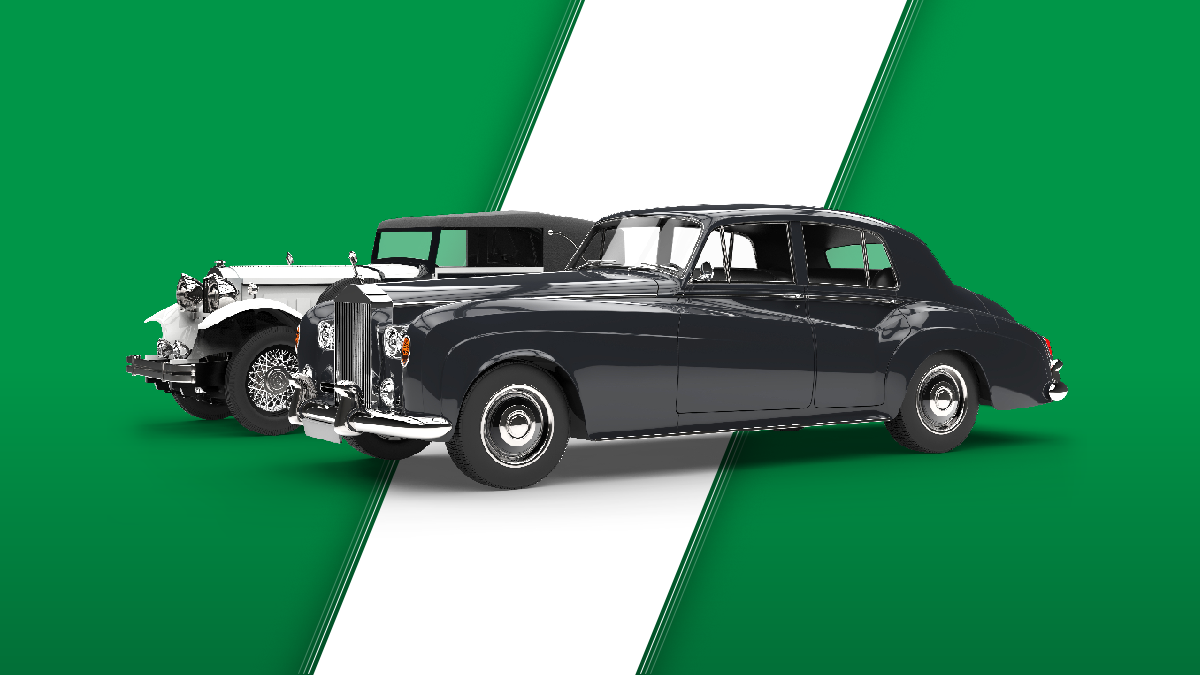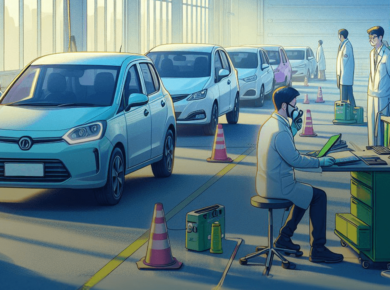Ask for a test drive.
Whether you buy a used car from a dealer or an individual, ask to test drive the car under varied road conditions—on hills, highways, and in stop-and-go traffic and check the car’s condition after that – smells, leaks, etc.
Review maintenance records.
If the owner refuses to show you maintenance records, you may contact the dealership or repair shop where most of the work was done. They should be able to share their records with you.
Check estimated upkeep costs.
Sometimes, a car’s appealing price can be misleading: it’s always good to take into account additional costs. So, do some quick research into the frequency and pricing of repair and maintenance on the specified model in auto-related consumer magazines and web resources to be sure about consistency with your budget.
Examine a car using an inspection checklist.
You can find an inspection checklist in magazines, books, and on websites that deal with used cars and examine a car on your own going through it.
Determine the value of a vehicle before you negotiate a purchase.
It’s good to know a vehicle’s retail and real-time values to set an adequate limit on the price you’re ready to go along with. Today, there are a lot of services offering a fair vehicle evaluation. National Automobile Dealers Association’s (NADA) provides information on most cars’ retail, rough and average trade-in, loan values, along with their MSRP. In addition, if a vehicle is put up for sale at an auction you may get an auction price analysis. Also, this information can be found in a thorough ClearVin Vehicle History Report.
Check whether there are any unrepaired recalls listed on a vehicle.
ClearVin provides free recall look-up services based on a vehicle’s year, make, and model. You can use this information to contact a manufacturer or official dealer directly to learn if a specific vehicle needs to be repaired as part of a recall. Also, you can go on the NHTSA website to see all recalls associated with your VIN.
Hire a mechanic for an independent vehicle inspection.
It’s best to have any used car inspected by an independent mechanic before you buy it. An inspection is a good idea even if the car has been “certified” and inspected by the dealer and is being sold with a warranty or service contract. A mechanical inspection is different from a safety inspection. Safety inspections usually focus on conditions that make a car unsafe to drive while an independent inspection is designed to determine the overall reliability or mechanical condition.
Investigate a car’s history by its vehicle identification number.
It’s vital to check a trusted database service that gathers information from state and local authorities, salvage yards, and insurance companies for an independent and efficient review of a vehicle’s history to be sure there aren’t any liens against the car, theft records, title brands, etc. The best solution is to run a complete VIN number check. A license plate lookup from ClearVIN can also reveal important information about a vehicle, such as its registration status, accident history, and even its previous owners.










1 comment
Very informative!! Thank you !!